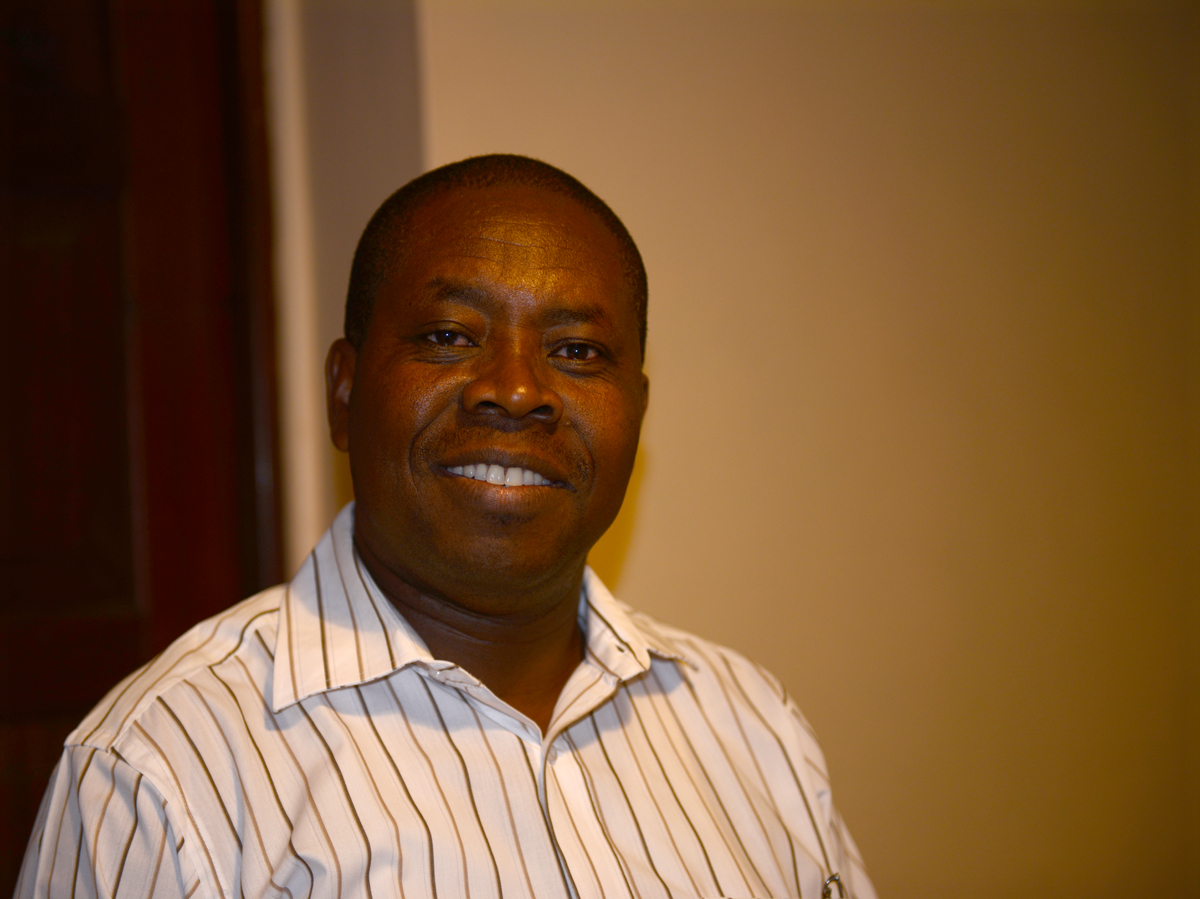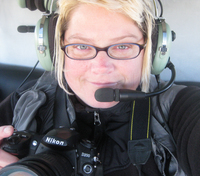
There is a lot of land in the Democratic Republic of Congo. There is a lot of jungle.
It’s there where Joseph Kony has been hiding out with his Lord’s Resistance Army, after getting forced out of Uganda, where the group, in its simplest terms, started as a rebel force.
Now, says Bagamba, it’s just survival for the militia, and coming out of the jungle to terrorize villages in Congo.
Bagamba walked in to where I am staying — a small guesthouse on the grounds of a Bible literacy and translation campus — looking tired like me. Within 10 seconds I was reminded how many fascinating people you meet on the road, if you stop and ask a question.
Sometimes, literally, it is just one.
“What are you doing here?”
Bagamba does a lot of things, and one of them is research on social impact on kids who grow up in urban areas in terms of language — how they lose their native tongue, interact and adopt “kid society,” etc. He is presenting on this topic at a conference.
He also works in remote areas of Congo in villages with speakers of languages no one has heard of, figuring out how to translate the New Testament into those languages.
He is working on something called Ngiti now.
The Congo is much better now, in terms of security, for most people, he says, though they have a much different view of what’s acceptable now than most people. They have been terrorized by fighting and the LRA and a lot conflict for decades.
Urban areas are ok, he says. It’s the villages that border the jungle that fear. The LRA is in survival mode, and Kony’s men were first in.
It’s a big jungle. The first one in has the upper hand, he says. They come out and raid the villages.
If they find you, they kidnap you. Children are taken and forced to be part of his army. There has a been a lot of press about the LRA and its brutal, merciless tactics, raping women and kidnapping boys they find and making them become soldiers and then sending them back to kill others in their own villages. There are entire places devoted to assisting the kid soldiers who somehow escape and are, naturally, scarred forever.
They still come, says Bagamba. The army patrols the villages, but that’s not the way to do it, he says.
“If i had one thing to recommend to the U.S. and to Uganda, is to train people to fight, who are from the jungle.” Ugandan soldiers don’t know how to track the LRA in the jungle. This is a place where traces of human existence are wiped in an instant. An hour.
You need people from that area, who KNOW it, who can find them. It’s not that difficult to predict where the LRA will strike: where there are no roads you follow the river.
But they hide inside, and no one can get in to get them. Train from the area, he says, and get the pygmies to help. They can tell if someone has been there from a single leaf, last walked on an hour ago. They don’t need watches, they tell time from the activity of bees: they know how they act, it is the time of day.
This is how.
Bagamba was in a bordering village once, and there was a feared LRA attack. He was fearful. He thought, if they come, I will have to run into the forest. Thankfully, they did not come.
I have read so much about LRA; I have never met someone who lives it, and must operate with it, despite it, each day.
